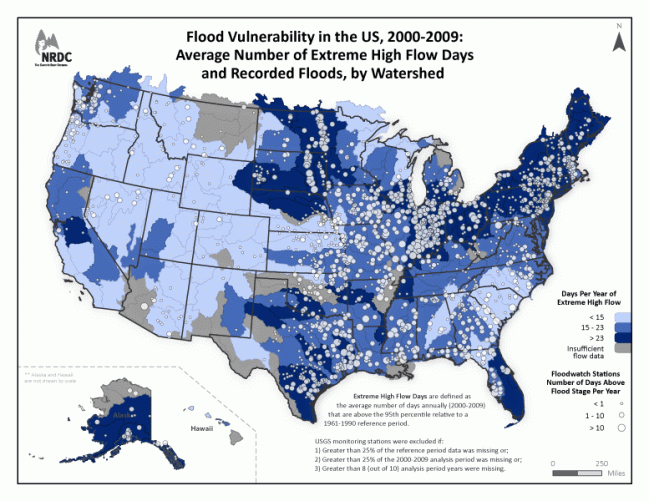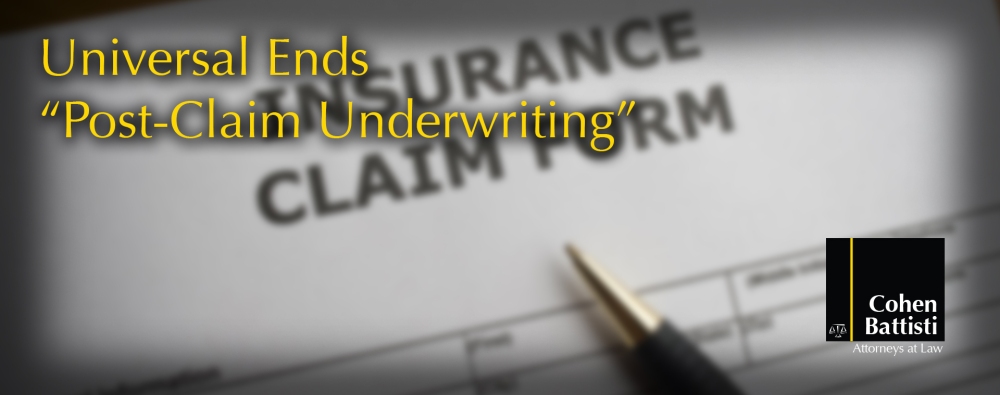A notice appears in your mailbox. The envelope has a return address from New York or another random state. Inside the envelope is a traffic citation, with various color photographs of your vehicle breezing through a red light in a nearby town. Listed on the citation is your license plate number, date and time of the infraction, and most intrusively, a fine in the amount of $158.00. To top it off, the Notice provides thirty short days to pay the fine or to challenge the citation in a Florida court.
The first thing that runs through your mind is how is this even possible? Was I driving my vehicle on this particular date and on this particular time? Had I loaned my car to a spouse or to a friend? Why is New York citing me for a traffic infraction that allegedly occurred in Florida? Is any of this nonsense even lawful? The notice from New York seems to be legitimate.
Red light cameras are popping up all over Florida. Depending on your location in the State may determine if the citation is lawful. Specifically, the 5th District Court of Appeals (Orange, Seminole and surrounding counties) held that the City of Orlando does not have the specific authority under Florida Statute to impose such penalties. Specifically, the 5th DCA held that the imposition of additional penalties, over and above those already imposed by Florida’s legislature, do not fall within the specific authority granted to municipalities by Florida’s Constitution.
Conversely, the 3rd District Court of Appeals (Miami-Dade and Monroe counties) held that City of Aventura does have the authority to impose penalties based on red light camera infractions. The 3rd DCA held that such penalties do not invalidate the legislative intent behind the uniform traffic laws and specifications set out by Florida’s Department of Transportation.
The Florida Supreme Court heard oral arguments in November and will presumably render a decision early in 2014 regarding the lawfulness of the red light citations. What does this mean for people who get these tickets in the meantime? First and foremost, there are valid and lawful ways to challenge these citations. Upon notice of one of these citations, immediately contact an experienced attorney in your area. Remember that you MUST decide within thirty days whether you are going to challenge the ticket or pay the fine.
Contact your friends at Cohen Battisti for a free consultation and an explanation of your rights.
Article written by Paul Zeniewicz, Esquire






